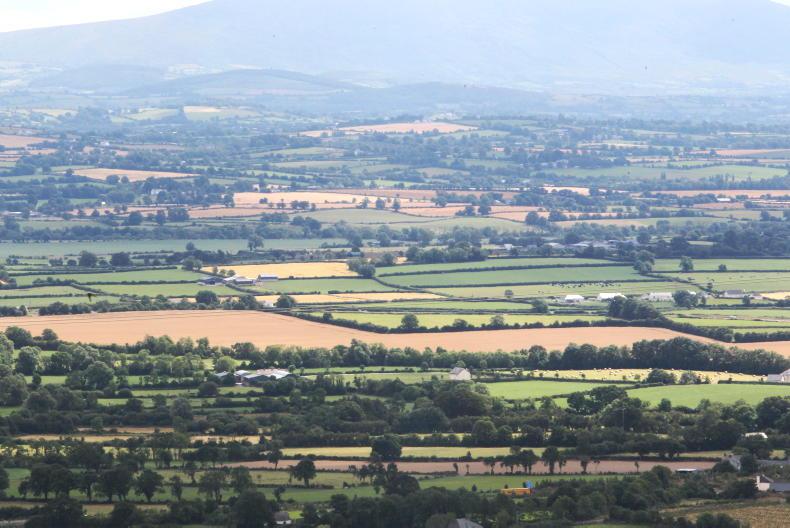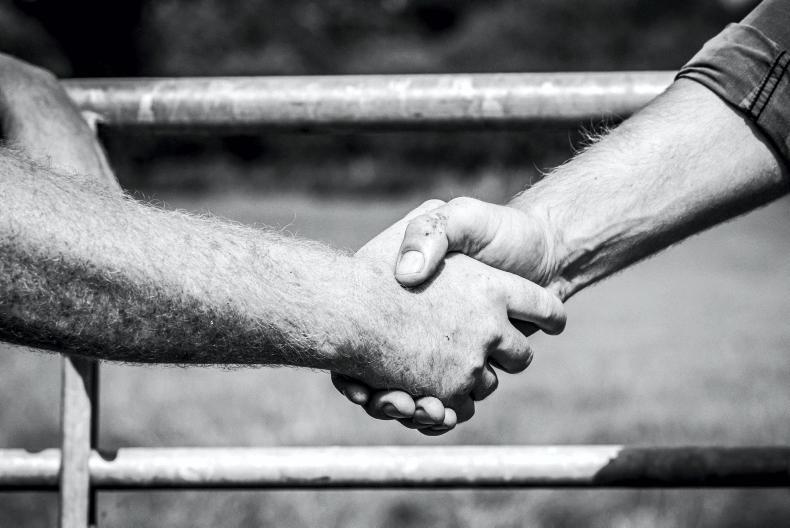We all want to age gracefully, and let’s be honest, not having to worry about money with every purchase you make will help keep those wrinkles at bay. Plus, people in their 60s and 70s now have lots of energy and ambition, plans to see the world and enjoy time with their grandchildren. Many have all the time in the world and you don’t want money to be the limiting factor.
So, putting a good pension plan in place can be essential to fulfilling those lifelong dreams. The current contributory State pension, if you’re entitled to it, is approximately €12,900 per annum.
For many this could mean a big drop in income if you do not have other private pension provision. While the state pension amount most likely won’t drop in the future, it may not always increase and account for inflation.
What is going to change, however, is the age of retirement. While currently it sits at 66, we will see it move to 67 in 2021.
If you’re in your 30s, 40s or 50s now, you will be 68 before you receive the State pension and there is nothing to say it wouldn’t potentially be moved out further.
So, if you have plans to wave goodbye to working life at 62 or 63, then it is time to get planning now.
Karen Goodlife, financial adviser at CWM Wealth Management Ltd and HerMoney.ie, says funding through a private pension is essential for everyone and the earlier you start saving, the less pressure you’ll face down the road. But whether you’re in your 20s or your 50s, Karen says it is never too late to start.
Nights out in Coppers and holidays in Thailand may be more on your agenda in your 20s and 30s but this is really the age to start.
“Building towards a retirement fund is best achieved through a small but steady approach,” Karen says. “The more you put away in your 20s and 30s, the less pressure you will feel in your 50s when retirement is looming. Think about it, if you start a pension plan at 45 rather than 25, you’ll be saving for 20 years, rather than 40, meaning for the same pension you’ll have to pay over double every month – contributions invested in your 20s and 30s will also have 20 more years to grow.”
While planning a pension may interfere with the holiday spending fund, Karen advises that the one thing that can make people take the leap is the tax incentives.
It is really beneficial to get your pension in place before starting a family
“It is one of the most tax efficient ways of saving in the long term. If you are a higher-rate tax payer, for every €100 you invest in your private pension, you will only need to contribute €60, and if you are a basic-rate tax payer then it’s €80.”
Karen continues: “When you hit your 30s, weddings, houses and babies can become part of the priority. It is really beneficial to get your pension in place before starting a family. Otherwise expenses become re-prioritised very quickly and it can be hard to catch up.”
If saving for a pension wasn’t a possibility or a priority in your 20s and 30s, then don’t panic too much. There is still plenty of opportunity to get things in order. Action is the name of the game at this stage.
Karen says: “To contribute to both the State pension and a private pension, you need to have an income. For those that may be farming with their partner, it is really important to have yourself on the payroll, whether that’s in an employed/partnership or a self-employed situation. Relying on your spouse’s contribution may not always be the best scenario for you. Contributing yourself will put you in a better independent financial position in later years. It is important to speak to your accountant and financial adviser to ensure you are drawing an income from the farm in a tax efficient way for both of you and to ensure you are both maximising your contributions to State and private pensions where possible.”
It’s important at that stage to get advice from a financial adviser who can look at how much you want to achieve for your retirement fund
Karen also says that many people are in a position that they may have taken a few years off work to mind their children and thereby, whilst they may have qualified for social insurance contributions through the homemakers scheme, they may not have been in a position to contribute to their private pension during that time.
“It’s important at that stage to get advice from a financial adviser who can look at how much you want to achieve for your retirement fund, how much you have contributed to the State pension through social insurance contributions, as well as your private pensions. They can then give advice on how to fill the gap. It is possible to put a good support in place, even if you didn’t work for a few years but it’s not a situation that will improve by burying your head in the sand.”
Retirement age is within reach. You are already fantasising about the long weeks and coffee mornings. Even with only a short few years to go though, there is a lot that can be done to maximise your fund.
Karen says: “With children flying the nest, this may free up some cash that can be invested in a pension. Now is the time to sit down with a financial adviser and ensure you are on track by getting an idea of what income you can expect. See what your State pension will be and your projected private pension income and consider are you going to have any other sources of income, for example from leasing land, rental properties or investments.
When you are taking your retirement benefits from a private pension, you have a couple of choices of ways in which to take your income
Now is the time to evaluate what your likely income is going to be and what your retirement living expenses will be to see if you have a shortfall and what that shortfall is.
When you are taking your retirement benefits from a private pension, you have a couple of choices of ways in which to take your income. Both retirement choices will pay you a tax-free lump. Many people use this lump to pay off their mortgage if they are choosing to retire before the end date of the mortgage and others will use the lump sum to supplement the gap in income from when they retire to when the state pension will kick in.
Again, a financial adviser is really recommended at this stage as they will help you take a critical look at all your incomings and outgoings to see how you can get your finances in order so you can sit back and enjoy your later years.”
Information on your particular circumstances and situation regarding your social insurance contributions and the State pension should be sought from the Department of Social Protection. You can also contact Citizens Information for confidential advice and information.









SHARING OPTIONS